Regional Australian university leading critical honey bee research
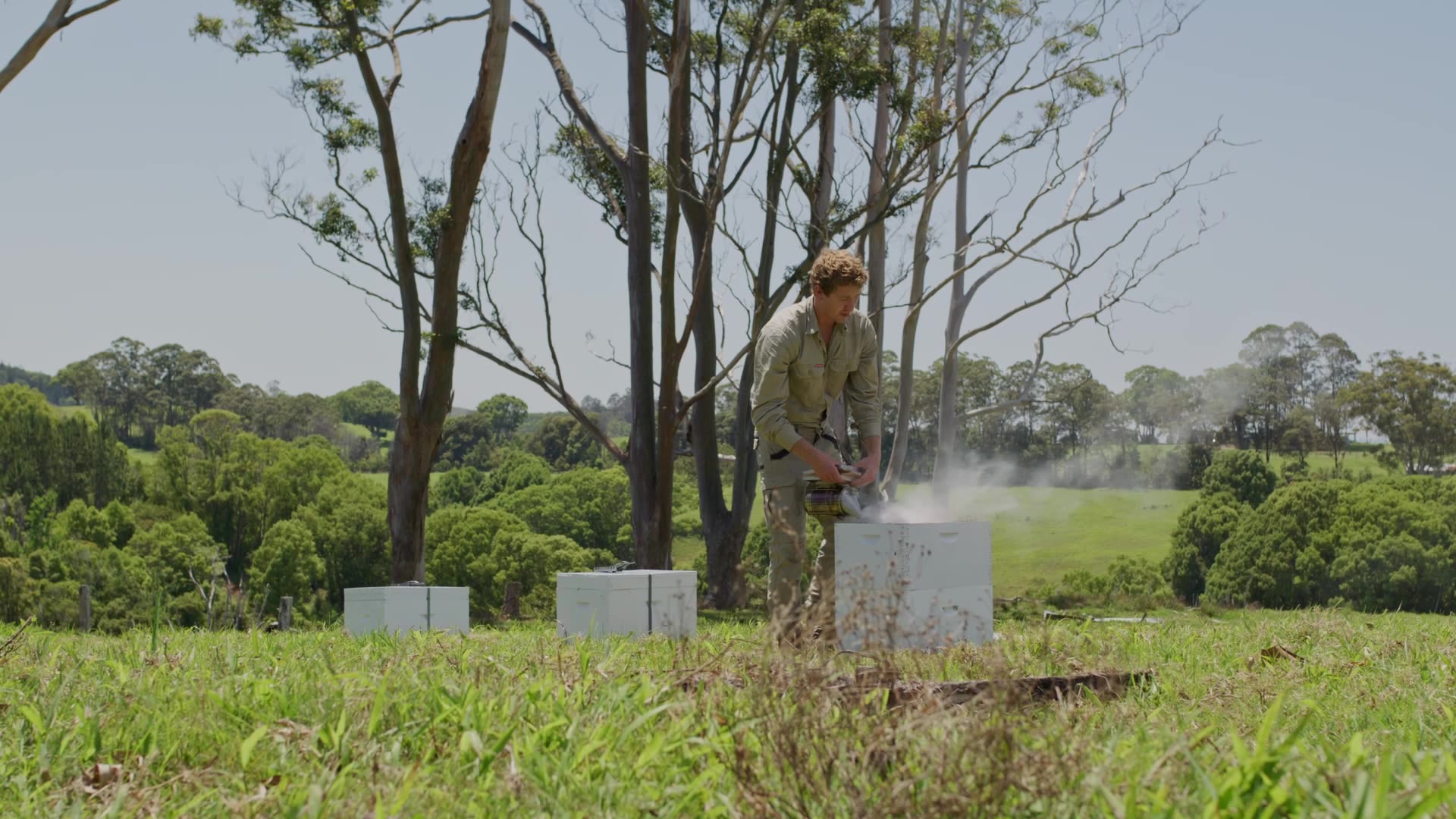
A tiny pest with a big name, Varroa destructor has Australian honey and pollination industries worried. Since it was detected on the east coast of the continent in 2022, debate has raged about how to manage this bee-killing parasite. Now one regional Australian university is urgently pursuing solutions.

Despite the euthanasia of more than 30,000 bee colonies, Varroa continues to pose one of the biggest threats to Australia’s horticulture and food production. With the Australian government’s recent transition from an eradication to a management strategy for the devastating pest, there is an increasing need for local research and extension capacity to support the honey and pollination industry.
Academic and beekeeper at Southern Cross University Dr Cooper Schouten is at the forefront of a movement to find long-term, local solutions.
The Director of the Bees for Sustainable Livelihoods (a research group sponsored by the Australia Centre for International Agricultural Research), Dr Schouten has seen many larger institutions abandon their efforts to eradicate Varroa. He is now establishing a Bee Research and Extension Lab at Southern Cross University to fill that void.
“We’re a regional university with strong working relationships and connection with industry,” said Dr Schouten. "The majority of our bee labs in Australian universities have been closing down and their leaders, among many technical experts in the industry, have retired. We urgently need more capacity."
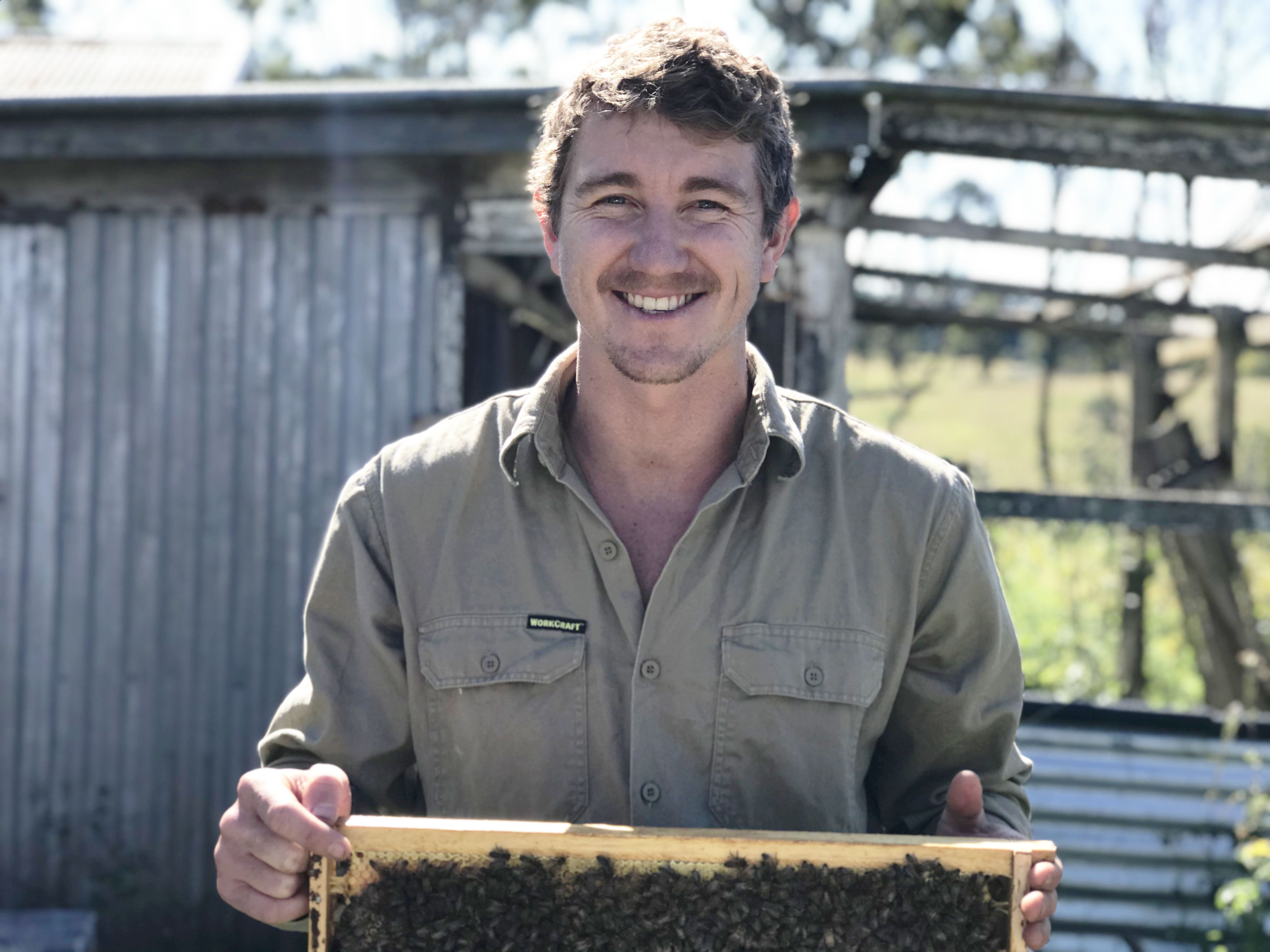
“Varroa is the leading cause of colony losses globally, and our bees in Australia are naive to this pest. No bees means no crops, no food. We have 35 pollination-dependant crops in Australia that need honey bee pollination. The whole country needs us to get this right.”
By ‘this’ he means working with the beekeeping industry to breed Varroa-tolerant queen bees for Australian conditions, one of the priority projects the new ‘Bee Lab’ at Southern Cross University will champion.
“Looking at a range of solutions across the world, from chemical interventions to other kinds of pest management, it’s clear that genetics represent the only long-term solution,” said Dr Schouten.
“We are also developing a practical guide for beekeepers to manage this pest. Australia has to develop its own solutions because of our unique climate, biodiversity and agricultural systems. Beekeepers will need to invest significant time and resources to monitor, manage and replace hives.”
If left unchecked, the parasitic Varroa mite can devastate bee populations, feeding on pupae and adult bees, spreading viruses, crippling bees’ ability to fly, orientate and communicate and eventually causing hive collapse. The potential impact of Varroa – between lost income and the expense of monitoring and intervention for beekeepers – has been estimated at up to AUD1.31billion over the next 30 years by the Australian Bureau of Agricultural and Resource Economics and Sciences (ABARES).
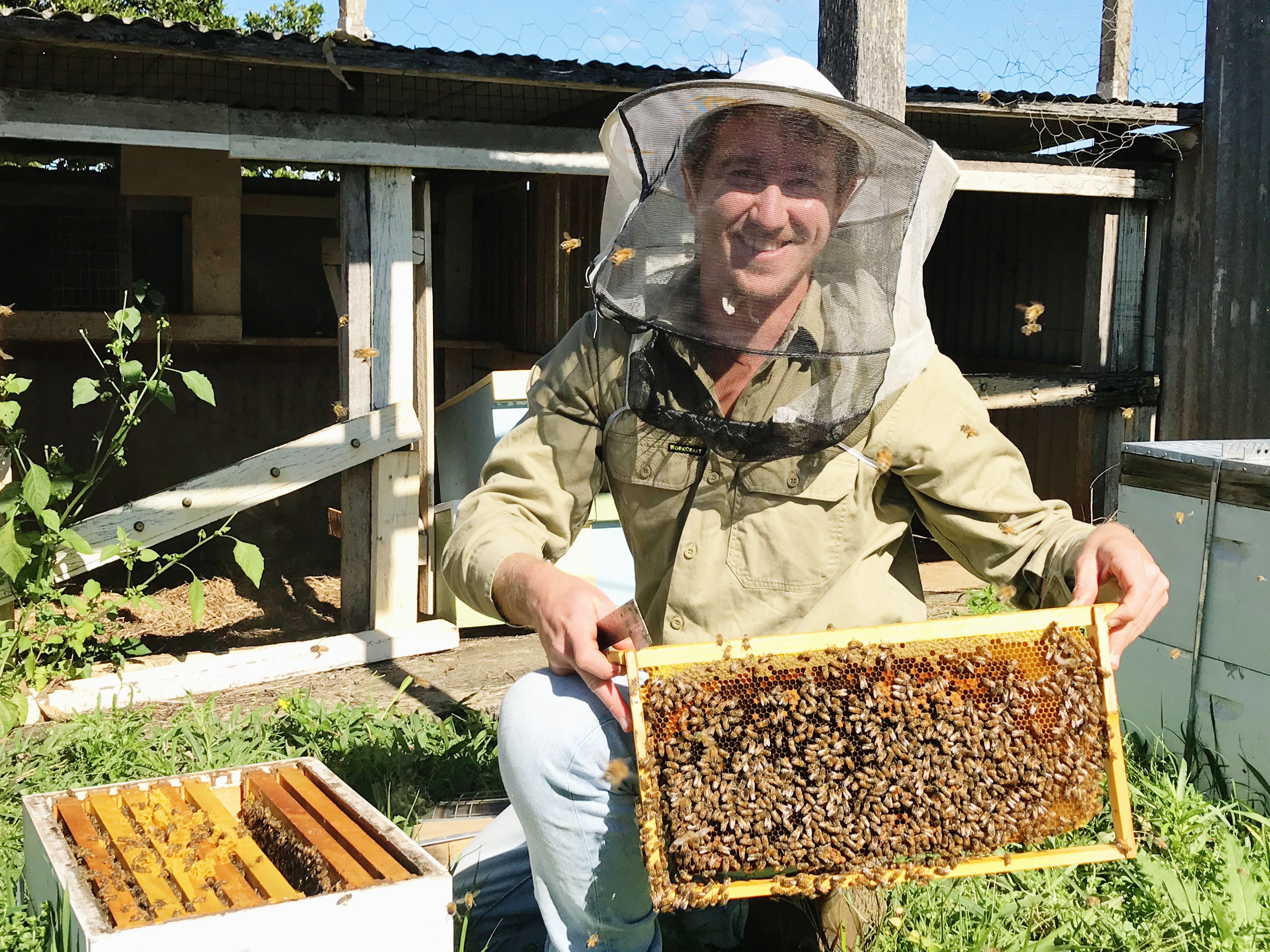
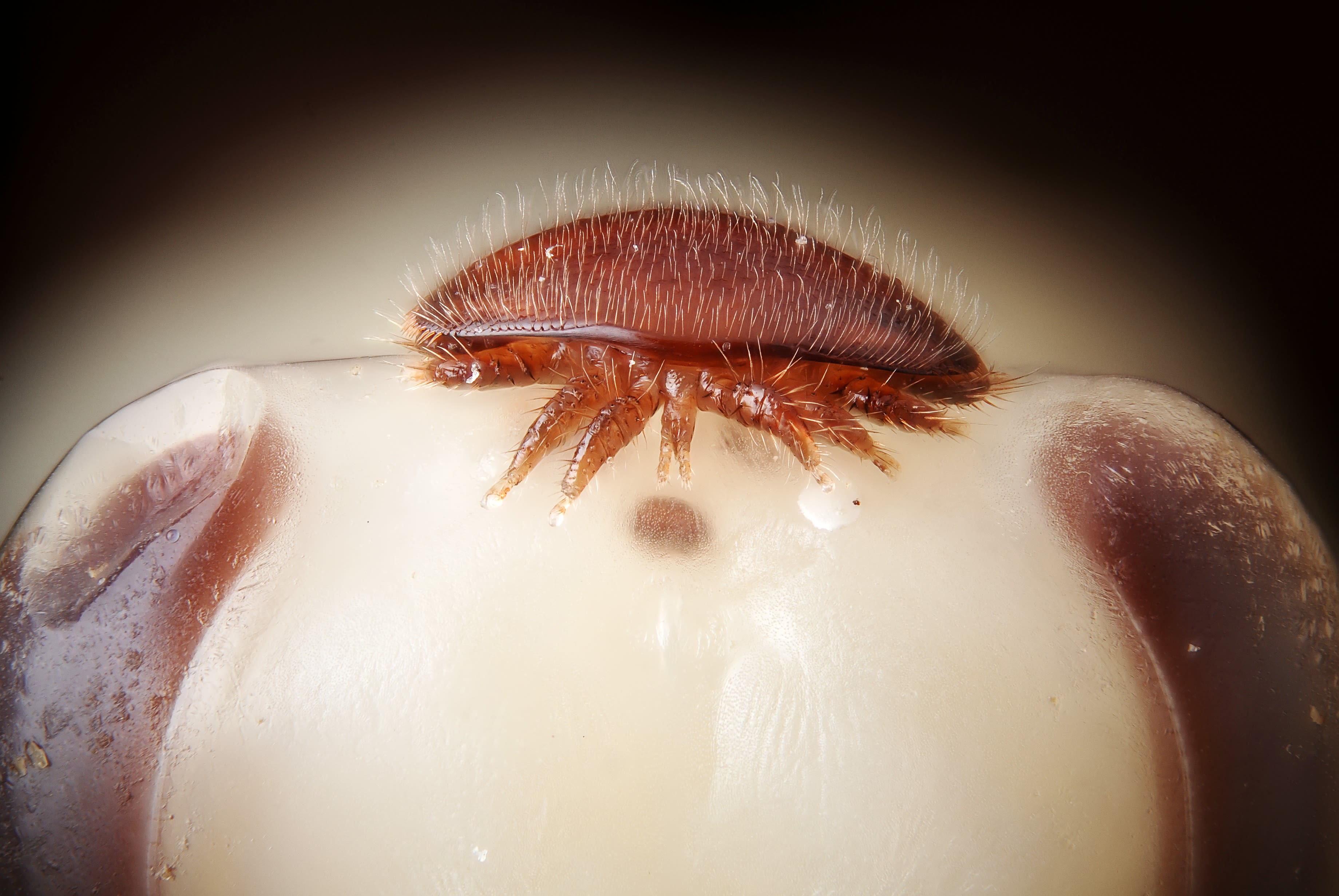
Varroa mite is just one of the concerning pests facing honey bee biosecurity and food and nutrition security in the Indo-Pacific. Others include the Asian honey bee (Apis cerana); Small hive beetle (Aethina tumida); and the spread of other honey bee mites (Tropilaelaps spp and Varroa jacobsoni) and their viruses (Deformed wing virus) across the Pacific.
Managing development projects that stretch across this part of the world, from Indonesia and Timor-Leste, to Papua New Guinea, Solomon Islands and Fiji, Dr Schouten has seen firsthand how effective stakeholder engagement and global cooperation is key to combatting common problems facing our food production systems.

Bees for Sustainable Livelihoods
The Bees for Sustainable Livelihoods research group is an undeniable good news success story. Funded by the Australian Center for International Agricultural Research (ACIAR), the team at Southern Cross University seeks to increase the profitability and resilience of smallholder beekeeping enterprises in the Indo-Pacific region.
“There are many social, policy, economic and research outcomes,” said founder of the group, Professor David Lloyd. “For me, the biggest thrill is when people realise that a better life is within their grasp. It is buzzing away, all around them. It means their children get to school, that people are safer, healthier and happier. They’re earning money – an extra AUD1,000 per year can double smallholder farming family earnings – so they can repair their homes, expand their gardens, and afford what they need to make their lives and livelihoods better.”
It was David who, ten years ago, took emerging scientist Cooper to Timor-Leste as part of an Australian government-funded New Colombo Plan Scholarship. It was there, in the Timorese highlands, that Cooper realised he could combine his passion for the environment, bees and community development.
“Identifying strategies to generate income without damaging the environment is critical to sustainable development both in Australia and overseas. And bees are a pretty great way of doing this,” said Dr Schouten.
“We’re not just working to do more beekeeping, but to learn how we can improve the effectiveness of beekeeping interventions, both here and among our neighbours in the region.”
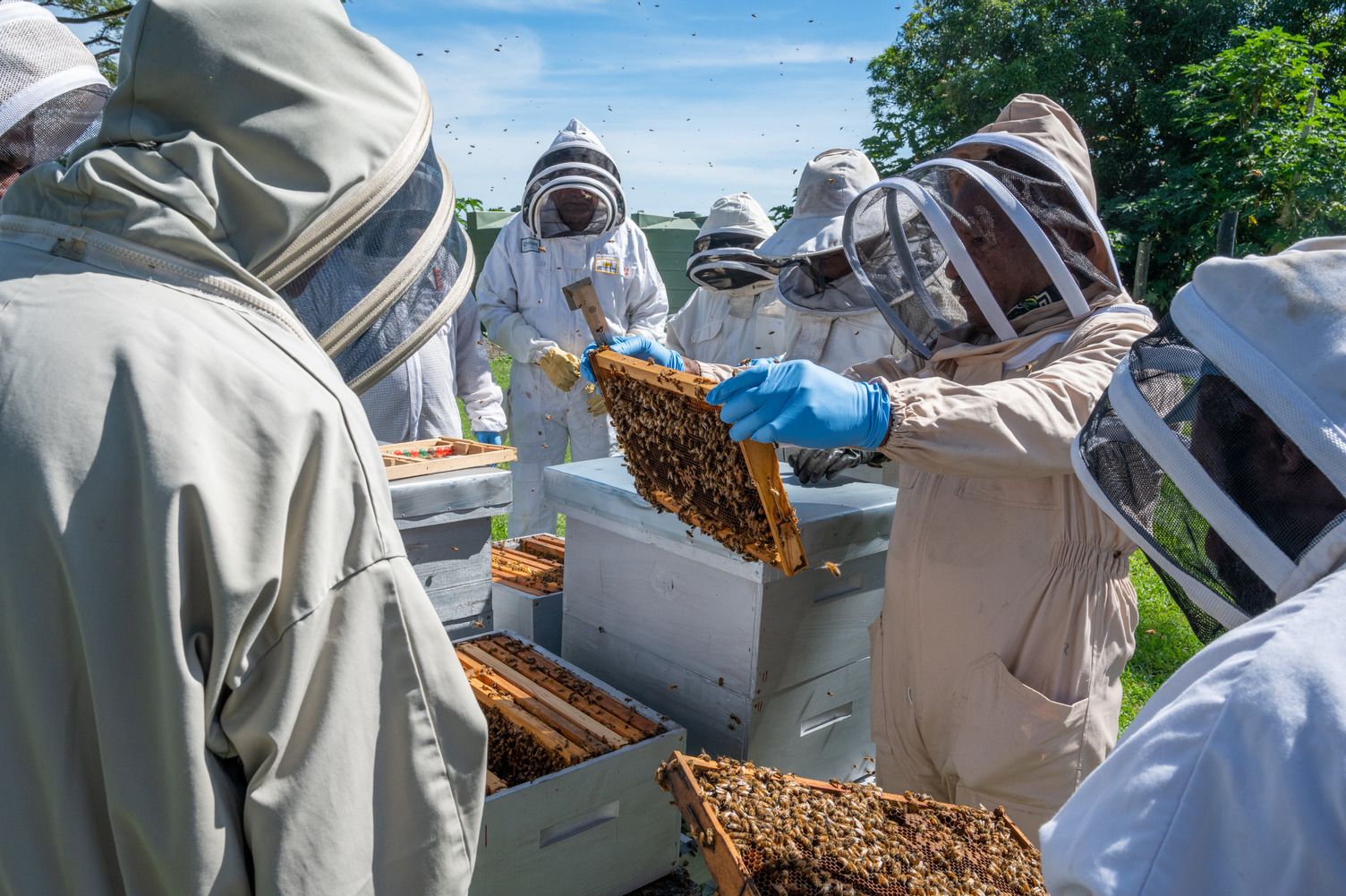
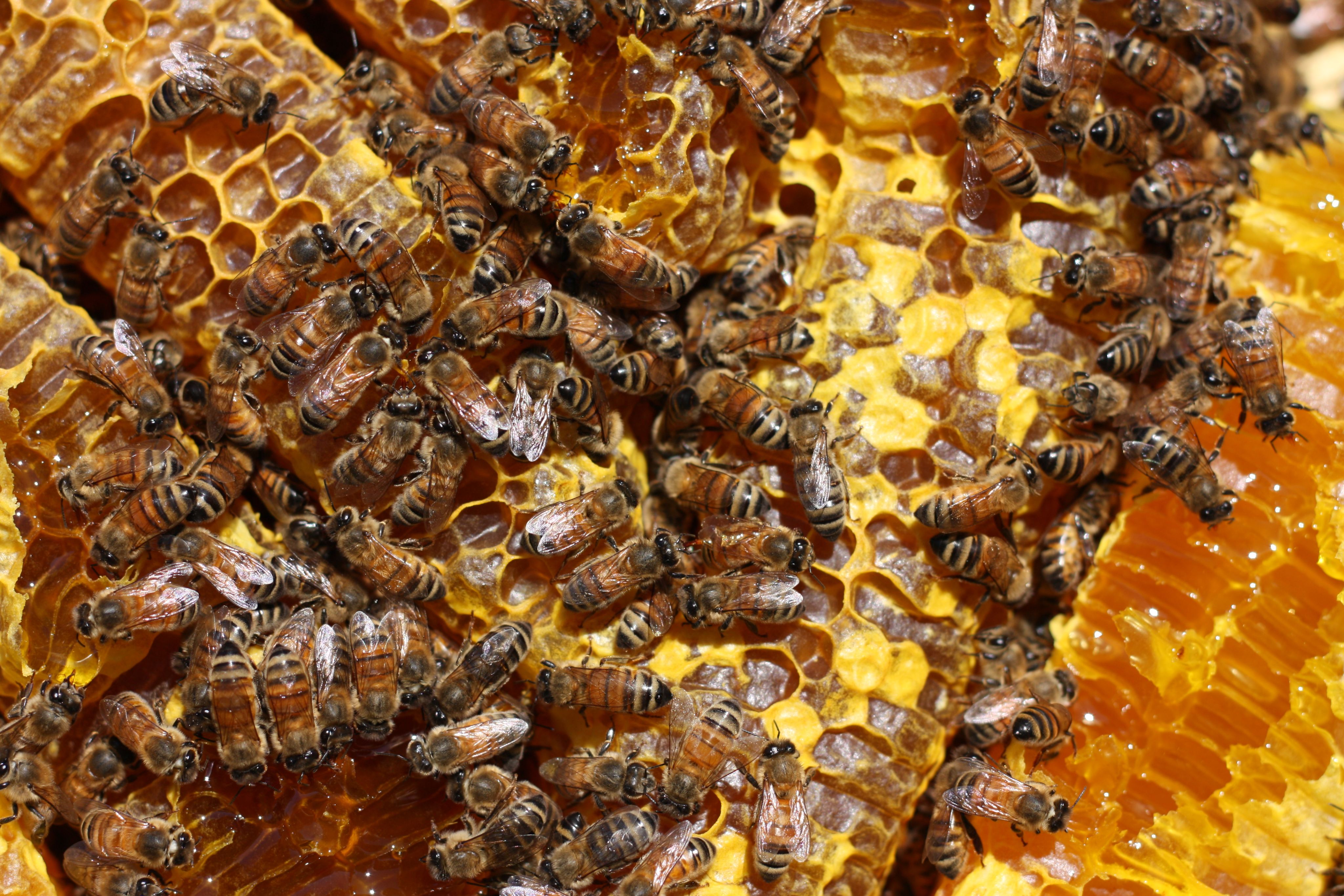
Harvest to Health
The new Bee Research and Extension Lab at Southern Cross is the latest addition to a thriving research impact cluster at Southern Cross University called Harvest to Health.
The remit of this research cluster, launched in 2022, is to conduct fundamental and applied research for the sustainable production of functional foods and natural products.

For a small regional university, Southern Cross has notched up some big wins in this field, said Senior Deputy Vice-Chancellor Professor Mary Spongberg. “Whether it’s a national project to develop better strains of industrial hemp and rice or leading the conversation on natural products and medicines, Southern Cross attracts a significantly higher proportion of research funding per capita than some of our larger competitors.
“I think our size and location is our superpower in research. Our researchers live in the region and work to support local industry and community. We are increasingly looking to transdisciplinary approaches through our research impact clusters to manage the wicked problems we face regionally and globally. We have had some stunning successes. I am sure the Bee Lab will follow this success.”
The cluster is focused on achieving a number of the United Nations Sustainable Development Goals (SDGs). Making sure Australian bee populations are healthy and pest-free supports the good health and wellbeing of the population (SDG3), as well as life on land (SDG15) and most importantly, the leveraging of partnerships to achieve the goals (SDG17). These stretch well beyond Australia’s national borders thanks to Dr Schouten’s extensive work in the Indo-Pacific region and collaboration with bee research institutes across the globe.
“Cooper’s approach to the Varroa mite is indicative of the way we attack wicked problems at Southern Cross, we take a local focus but with global partners and impact,” said Professor Spongberg.
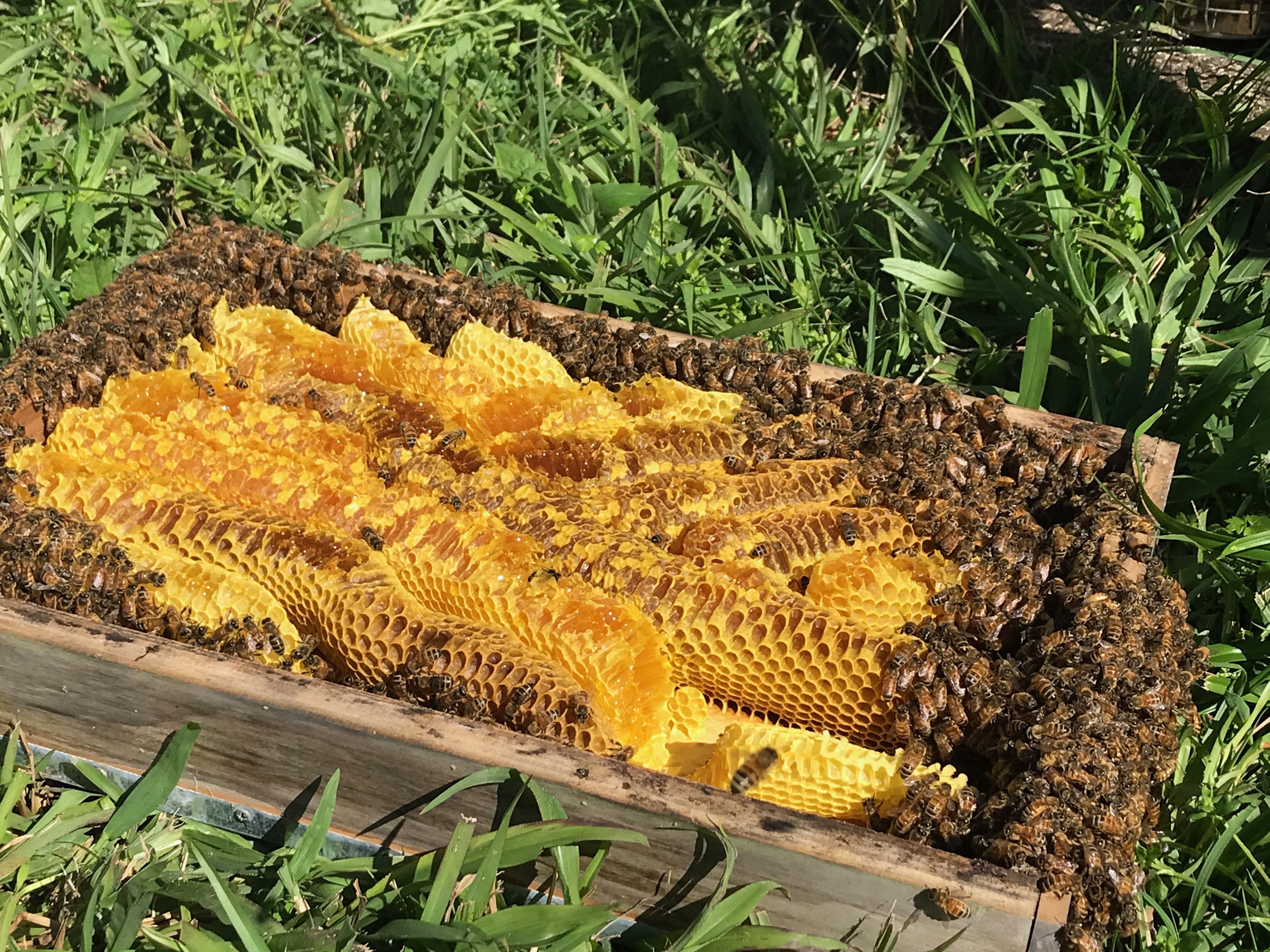
About Southern Cross University
- 3 main campuses on Australia’s east coast / 7 branch campuses including main cities
- 20,000 students
- Top 200 Young Universities (2023 Times Higher Education World University Rankings)
This content was paid for and created by Southern Cross University. The editorial staff of The Chronicle had no role in its preparation. Find out more about paid content.



